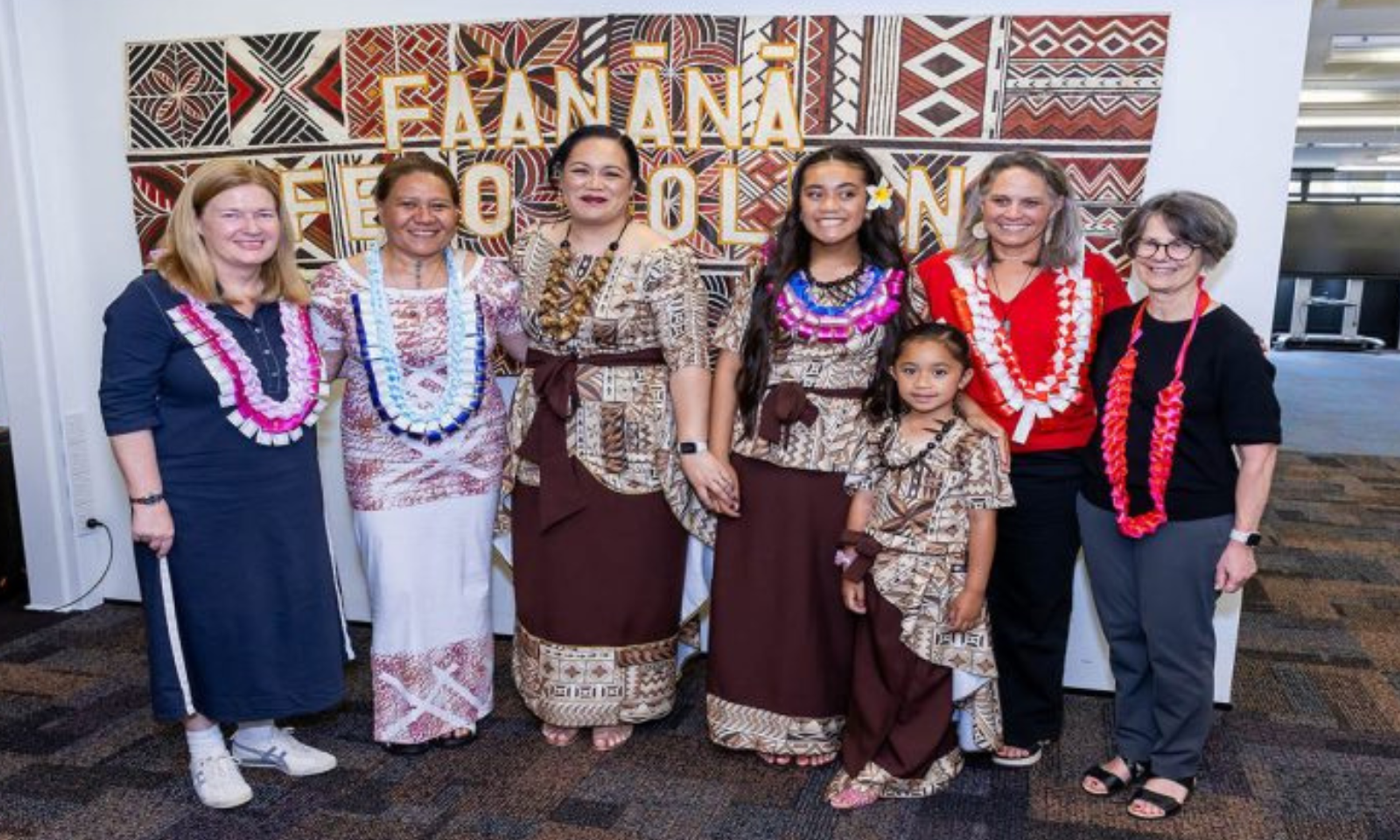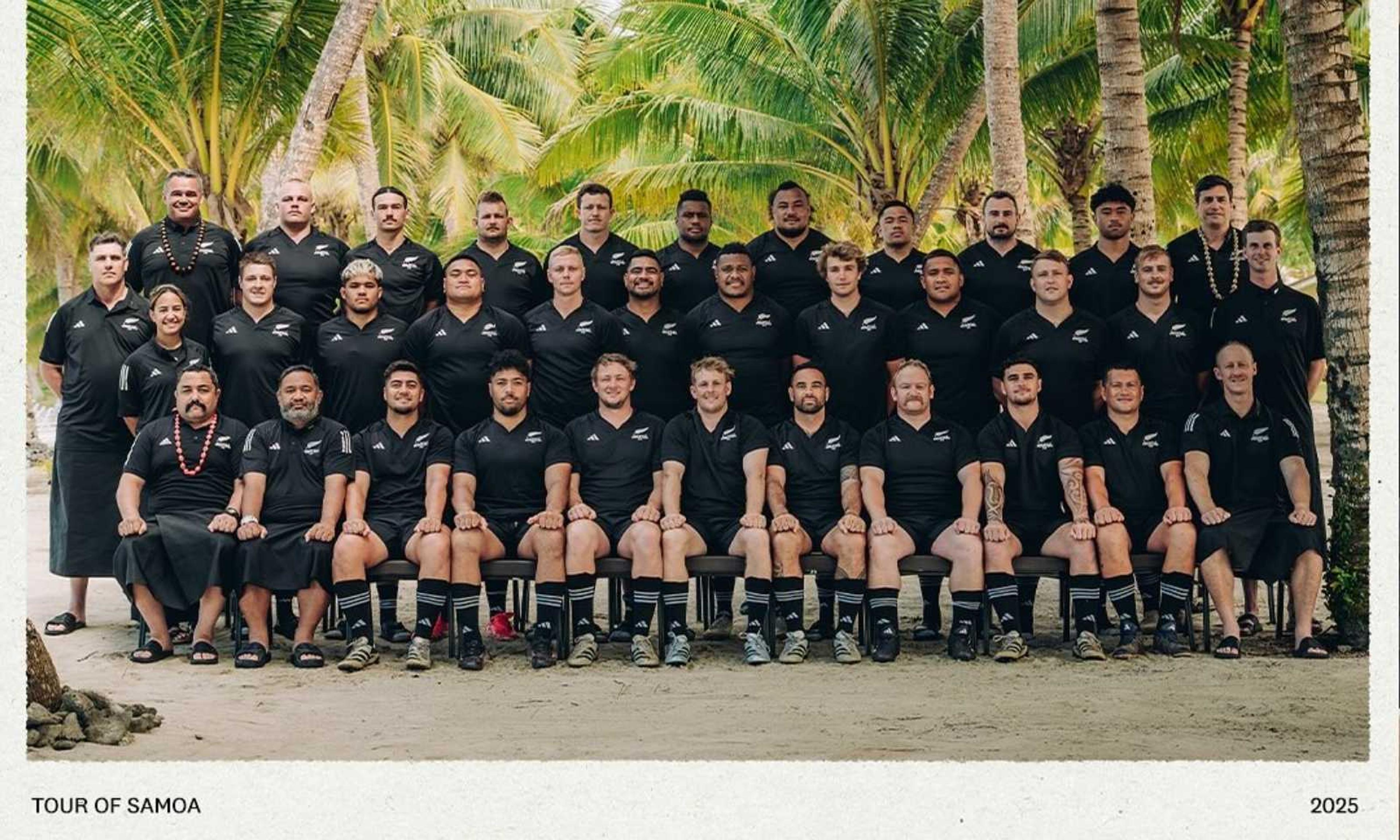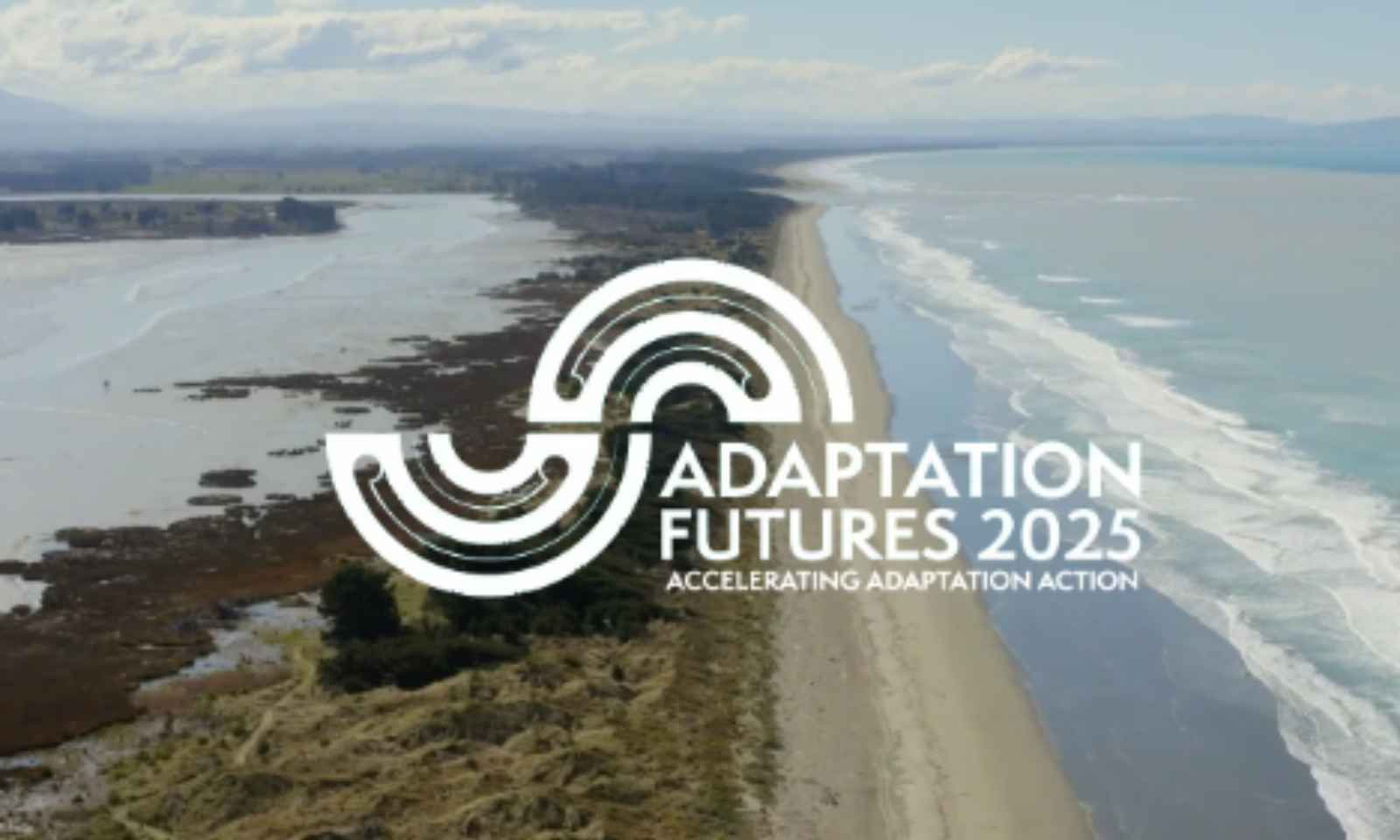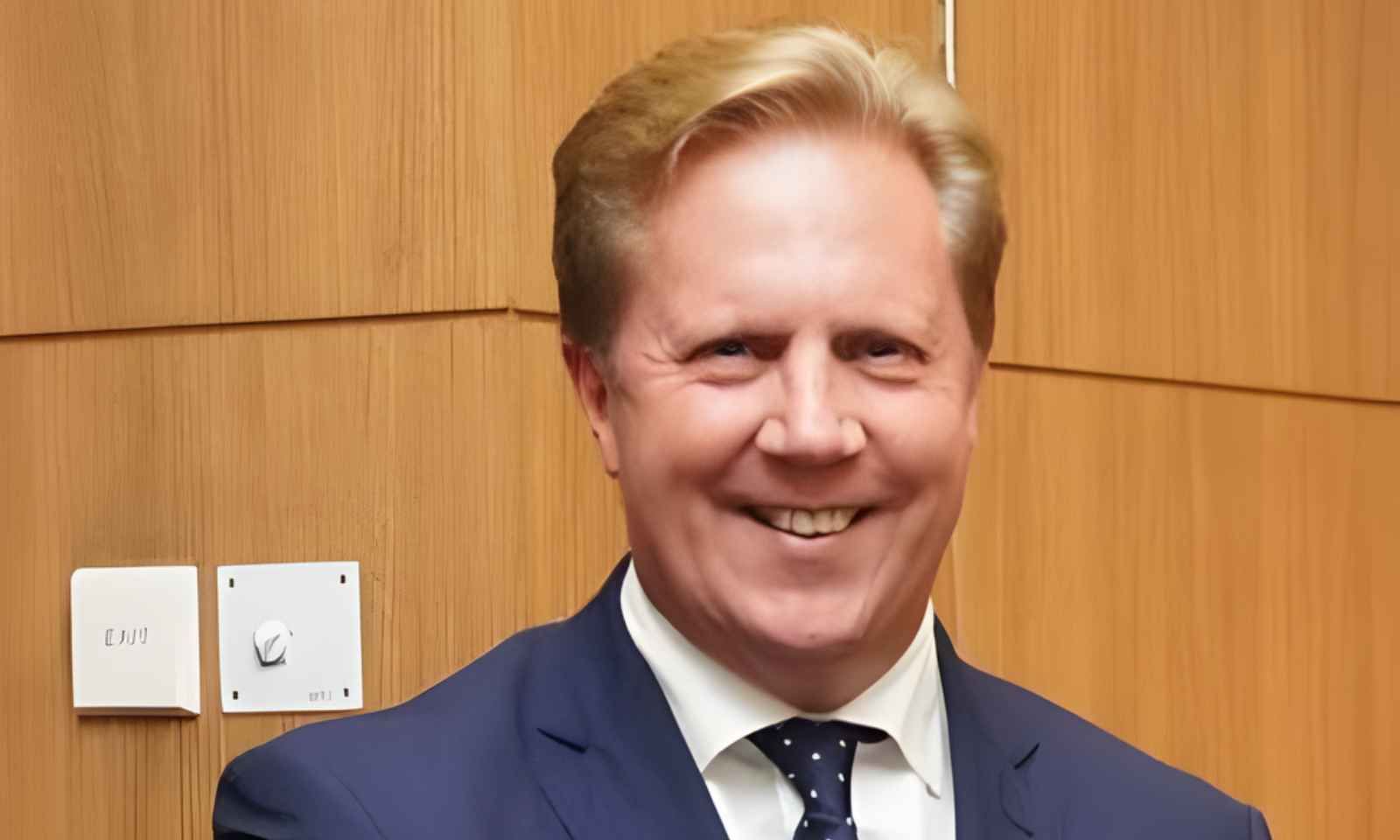

Aotearoa Youth COP 2025 is a youth-led simulation of UN climate negotiations, where participants take on roles and create a statement for COP30.
Photo/Supplied
Young Kiwis call for climate action as govt sets methane targets
New Zealand is urged to prioritise climate change amid a presentation of the 2025 Aotearoa Youth COP Statement ahead of COP30 in Brazil.


Law expert: US boat strike controversy a lesson for the Pacific

Heartland XV coach reflects on emotional return to Sāmoa

Most New Zealand teachers set for six-figure pay after new deal struck with govt


Law expert: US boat strike controversy a lesson for the Pacific

Heartland XV coach reflects on emotional return to Sāmoa

Most New Zealand teachers set for six-figure pay after new deal struck with govt
More than 15 young people from across New Zealand came together to deliver a message to the government last week, hoping it will reach the Conference of the Parties 30 (COP30) in Brazil next month.
The 2025 Aotearoa Youth COP Statement was developed during this year’s national youth-led climate simulation and was officially presented to the Children’s Commissioner, Dr Claire Achmad.
The statement includes youth-led recommendations across five key areas: loss and damage, sustainable food systems, water, sanitation and hygiene, youth participation, and governance.
In an interview on Pacific Mornings, youth ambassadors Kereama and Mazaiah shared what the statement means to them and explained the importance of including young voices in climate policy.
Kereama, who was involved in the water, sanitation, and hygiene group, emphasises the need for future water systems to be climate-resilient, carbon-neutral, and based on indigenous knowledge.
Maziah explains her group’s workshop, which focused on loss and damage and its impact on Pacific nations.
Watch Kereama and Maziah's full interview below.
“We’re seeing a loss of cultural land, loss of potential indigenous knowledge in places like Tuvalu,” Maziah says.
“Even though I may not be [from] Tuvalu, I truly believe that all our Pacific peoples and nations continue to have strong interconnections together.”
This week, New Zealand is hosting its biggest climate change conference in Christchurch, aiming to promote a Pacific-led agenda.
Watch a snippet from this year's Aotearoa Youth COP 2025 below.
The 8th International Adaptation Futures Conference will bring together more than 2000 delegates from around the globe and in a United Nations-mandated gathering.
Among the attendees will be over 50 representatives from the Pacific, including government ministers, community advocates, and researchers.
They include Tuvalu’s Climate Change Minister, Maina Talia, and officials from the Pacific Resilience Programme in Apia.
When asked if New Zealand is ready to host the world’s largest climate adaptation conference in light of the government’s recent reversal on gas and oil exploration, Kereama says the country’s actions have been inconsistent with its clean and green image.
“We rely heavily on offsets and vague promises instead of real systematic change,” Kereama says.

The 8th international Adaptation Futures Conference (AF2025) will be held in Ōtautahi Christchurch, New Zealand from 13 to 16 October, 2025. Photo/Supplied
On Sunday, the government announced its methane targets for 2050, aiming for reductions between 14 per cent and 24 per cent below 2017 levels.
The Minister for Agriculture and Trade and Investment, Todd McClay, says the targets are based on science and designed to protect food production while reducing New Zealand’s farm emissions.
Farming is a major contributor to the New Zealand economy, generating $57 billion in export revenue for the year ending June 2023, and accounts for 13.1 per cent of the total workforce.
But the sector also produces one of the highest amounts of methane, a potent greenhouse gas that traps over 80 times more heat than carbon dioxide over 20 years.

Todd McClay is the Minister of Agriculture, Minister of Forestry, Minister for Trade and Investment and Associate Minister of Foreign Affairs. Photo/Supplied
Labour’s climate spokesperson, Deborah Russell, says the new targets are bad news for Kiwi exporters and New Zealand’s future.
Kereama urges the government to stop viewing climate action as a political issue and instead recognise it as a matter of survival.
“Listen to us [young people] and take real bold action that puts people and planet before profit,” Kereama says. “[The climate situation] makes me feel really anxious, like our future is being stolen from us.
“My generation knows that this fight is about survival, but it’s also about hope. I have a lot of hope.”